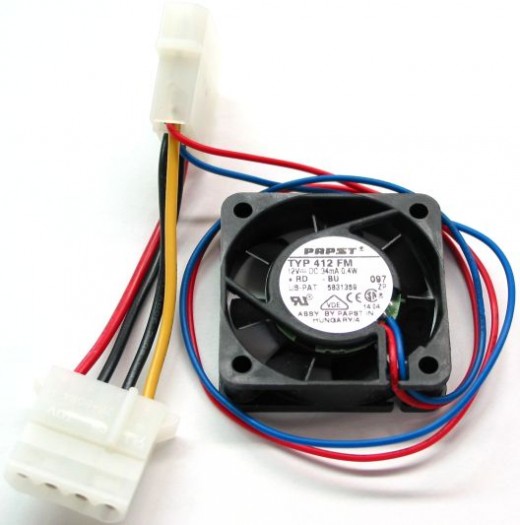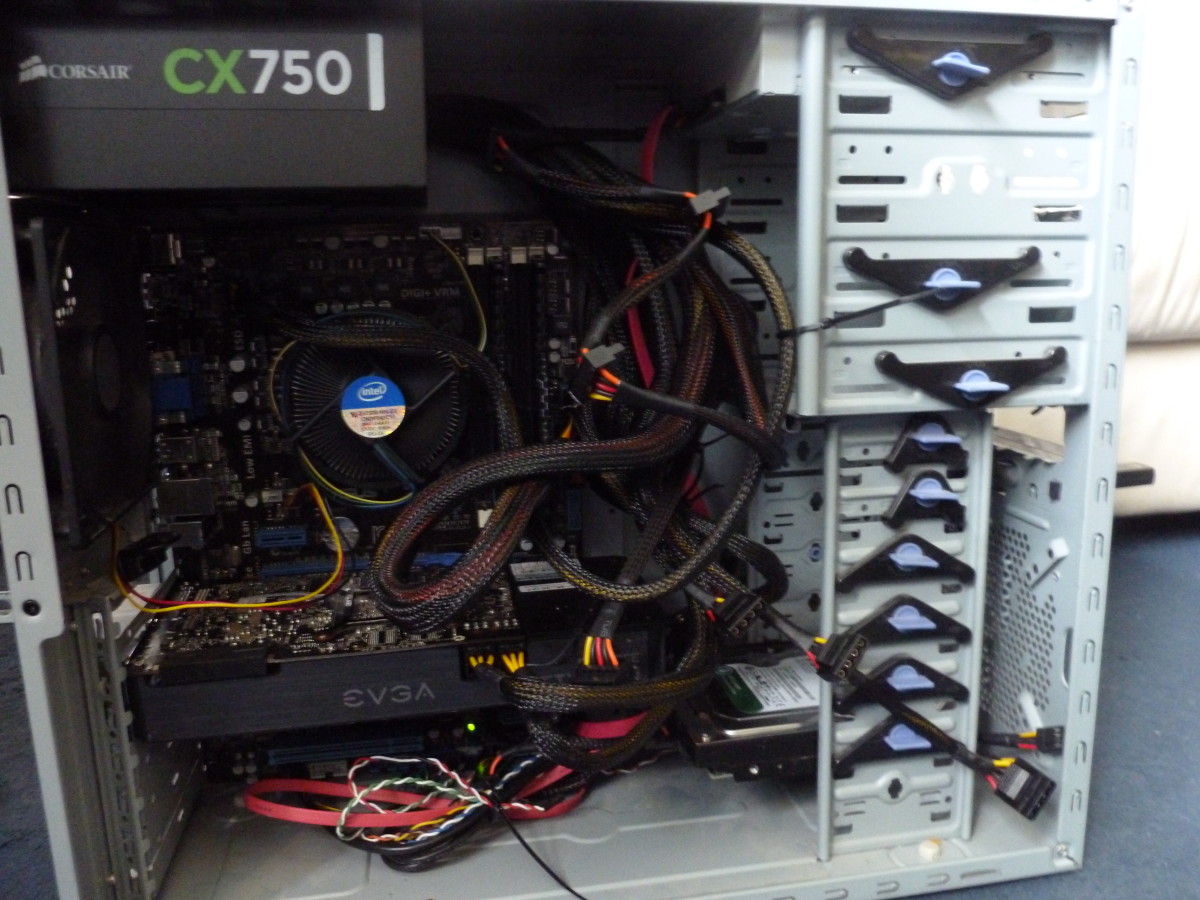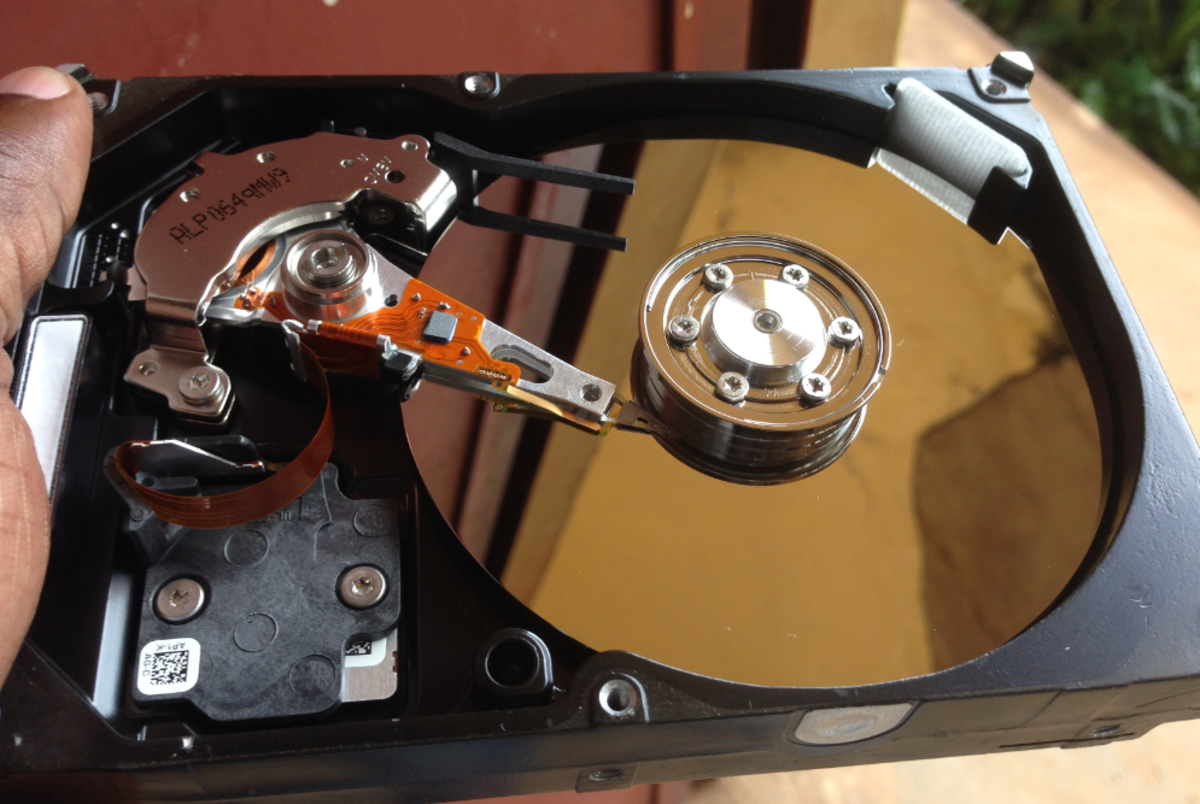How To Make Your Computer Less Noisy
In every computer system the loudest sounds are generated by the fans. A common computer case can include one or two case fans, a CPU fan, the fan of the power supply. Most advanced systems could include fans at the side panel of the case, hard drive fans and graphics card fans.

The CPU fan is the most important of all; it keeps the temperature of the processor in low levels and prevents overheating. This fan is dynamically controlled by the motherboard – that means that depending on the temperature of the processor, the rotating speed of fan is affected. When processor is running hot, the fan will turn faster and of course generate more noise.
The case fans can be located at front of the case, the back and the sides. The front fan is placed in such way that it “inhales” fresh cool air into the case, while the back fan “exhales” the hot air outside. The case fans also produce much noise, but often they can be set to turn accordingly to user tastes; if weather is hot, user can set them at high speed (and try to accept the loud noise),while if its cool he can set them at low speeds or turn them off. Case fans come in different sizes and the larger the fan, the lower the speed it can turn and eventually the lower the noise.
Graphics card adaptors do not always include fans. When a fan is present it is usually small and does not generate much noise. Same goes for most hard drive fans.
The power supply generates much heat so it always includes a sturdy and noisy fan, sometimes even two.
The problem with the fans is not only that they generate noise; thing is when dust has been on them, they produce more and more of it. Dust accumulates with daily computer usage and usually tends to gather on the fans – this means that the fans will find it harder to turn thus they will produce more and more noise. The power supply fan will always gather much dust, same goes for the CPU fan. It is usually advised that computer cases are opened at least once per 6 months and dust removed with a small brush and pressurized air. This will help lessen the dust and dirt, prolong the hardware life and lower the noise generated.
Computer case noise is also generated by the hard drives due to the rotation of their heads. Noise will be louder when hard drive is working much, like when searching for files or when some software is scanning for viruses. This noise can be lower if we replace the hard drives with newer models. Noise will be brought to zero if an SSD model is chosen; however, they are still very expensive.
If money is not a problem, a computer user can replace the fans with watercooling system. There are complete packages of watercooling available in the market, ranging from relatively affordable to very expensive. Installation of a watercooling system is not an easy process and it does require some level of technical experience. After all, if there have been installation problems, the dangers involved with water leaking in the case are not to be ignored. Other than that, user can try replacing as many of the case fans as he can. Some expensive power supplies do not include fans but passive cooling, same with graphics cards. Additionally, investing in a computer case that is specially insulated to prevent noise going out will be a smart choice for those who can afford it.








